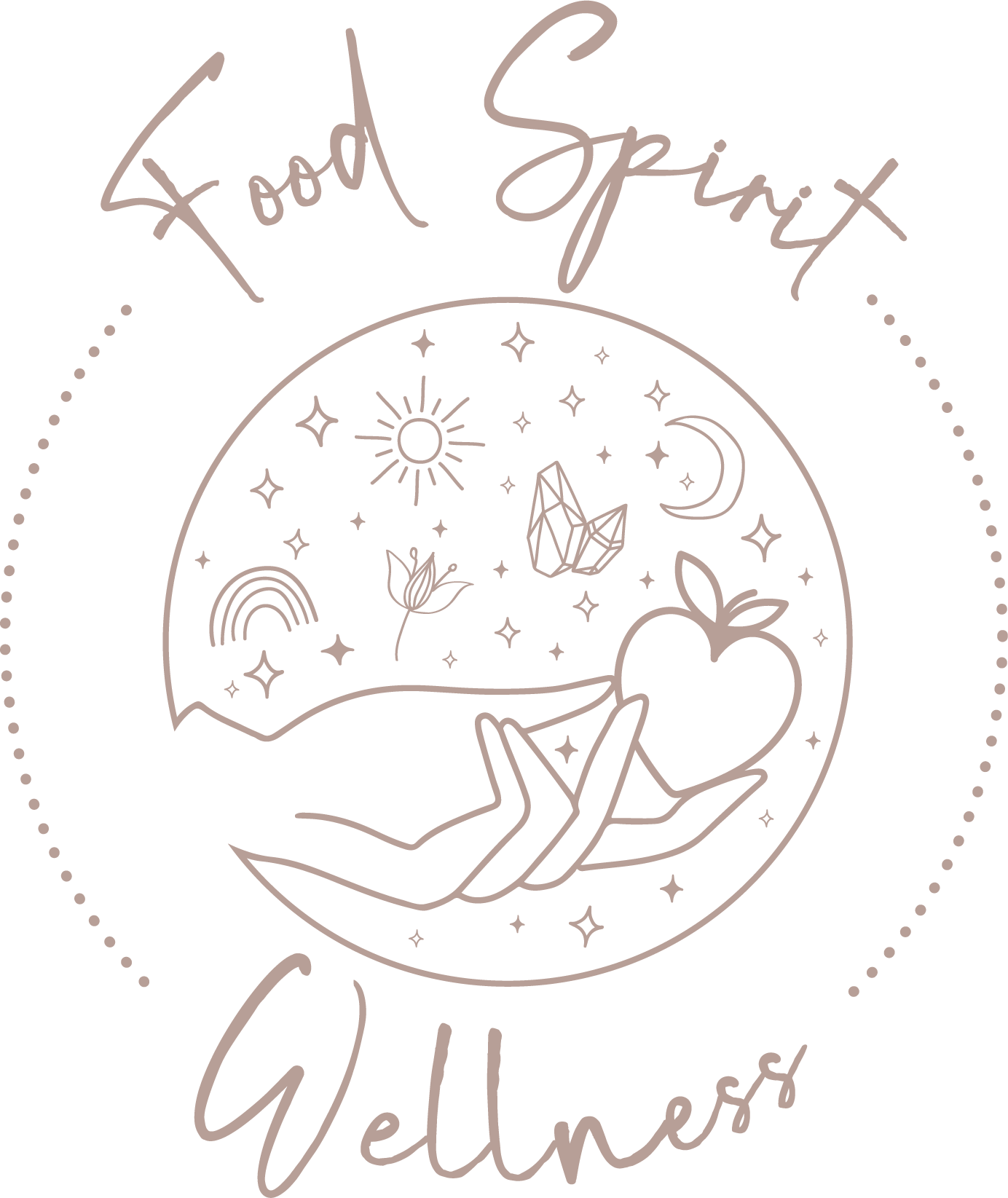Feeling Tired All the Time? Discover 3 Main Causes and Solutions
Why you may be feeling tired, run down or lacking energy for no apparent reason and what you can do about it.
I’ve been helping female entrepreneurs to overcome feeling constantly tired, run down and lacking energy in my clinical nutrition practice and in that time, I’ve seen some amazing transformations.
Although every female entrepreneur and their specific health history/background is unique, I have noticed some common reasons many women seem to struggle with low energy.
So, I want to share these with you and (most importantly!) tell you what you can do instead, to finally overcome the feelings of being completely depleted in energy.
Reason no. 1
When sugar is consumed on a regular basis, the body over-compensates for the frequent rise in blood sugar – bringing its levels lower than it was beforehand. These lowered sugar levels make a person feel hungry or crave more sweets. Eating a sugary snack provides a lift only temporarily and leaves one feeling drained or tired again shortly thereafter.
If you have experienced this problem, you may find it helpful to eliminate sugars. Reduce your consumption of foods and beverages containing sugar, particularly added sugars, and check labels for hidden sources of sugar.
Avoid the use of artificial sweeteners, as these have been shown to worsen low blood sugar. For something sweet, choose seasonal fresh fruits and where possible organic, such as apple, melon, banana, papaya, blueberries, grapefruit, orange, pineapple, and pear.
Reason no. 2
Not eating enough good quality protein, healthy fat and non-starchy carbohydrates may worsen symptoms of low energy.
Unlike sugar-rich food, these provide “time-released” source of sugar, meaning the glucose in those foods is released slowly and steadily, thereby helping to avoid the “roller coaster” of poor blood sugar balance.
Each meal should include a minimum of 30-40g of protein per meal. Another great starting point is eating 0.8g of protein per kilogram of body weight or 0.36g of protein per pound of body weight, per meal. These can include organic and grassfed where possible- meat, poultry, fish, and eggs.
Eat as much as you desire of non-starchy vegetables. You cannot eat too much. In fact, eat a minimum of 6 cups of veggies each day if possible. You can eat some of these cooked and some raw. Focus on dark, leafy greens and a variety of colours.
Limit artificial or hydrogenated fats, such as margarine or shortening. Enjoy raw butter, animal fats such as lard, fresh oils such as extra virgin olive oil, nut butters, and raw, virgin coconut oil.
Reason no. 3
Poor sleep is associated with poor blood sugar regulation (remember this causes the peaks and dips in your energy levels!). Be sure to get a minimum of 7-8 hours of quality sleep each night and try to be consistent with this.
To help improve your sleep both in quantity and quality, you can try the following:
Avoid caffeine consumption after noon.
Avoid blue light exposure 2 hours before bed.
Engage in daily physical activity.
Meditate before bed.
Use blackout curtains or eye masks to make the room you are sleeping in as dark as possible.
Unplug electrical devices in your bedroom.
Finally, avoid processed carbohydrates, including alcohol before bed as these can result in sleep disturbances and night-time waking.
Need help?
Hopefully this blog post has helped you see why you might be struggling with constant low energy and what you can try instead.
If you need expert help and advice then book in for a free clarity call and we can talk about what might be holding you back from feeling vibrant and full of energy, each day.


